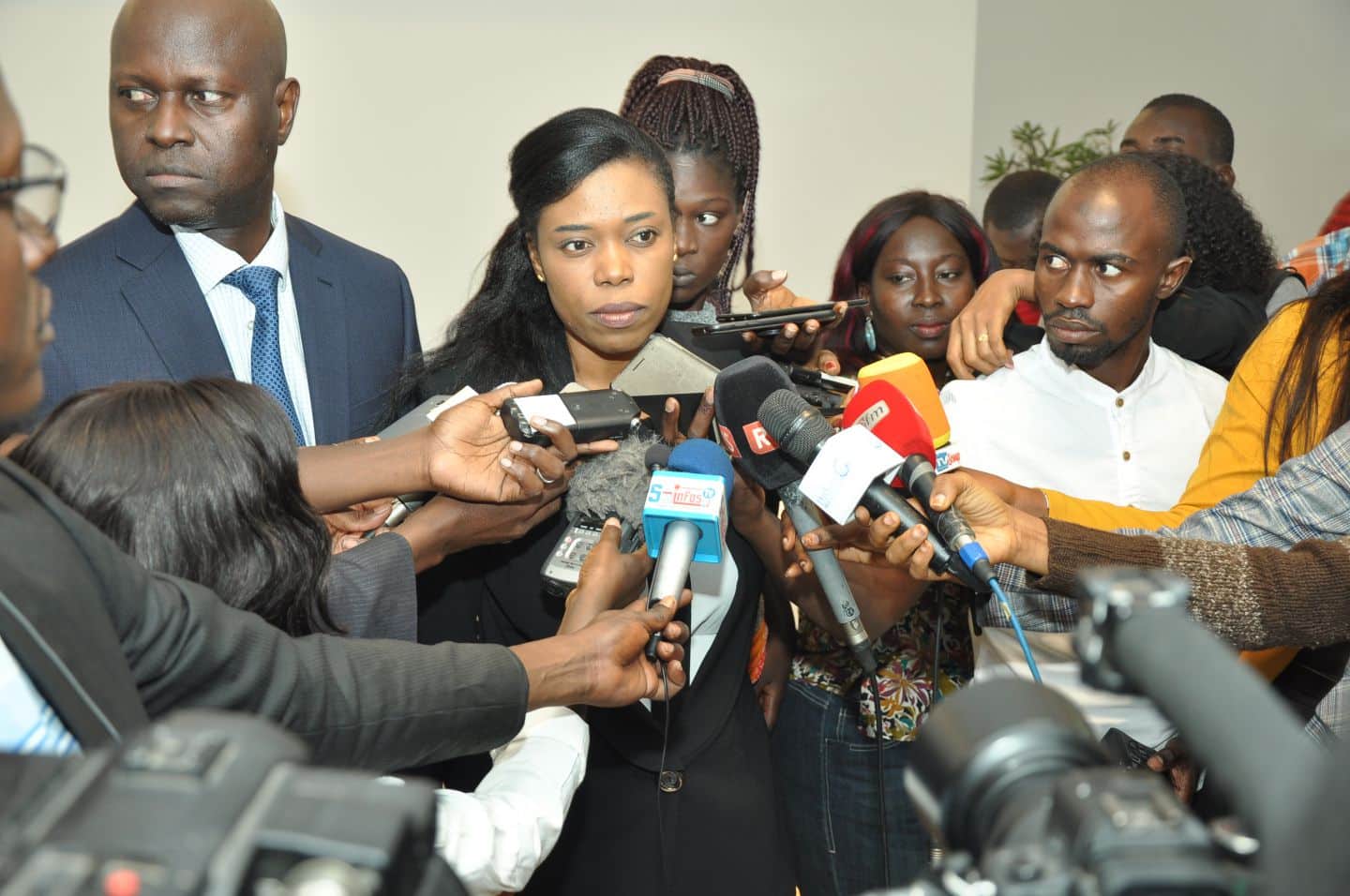By Alessandra Moscadelli, Energy 4 Impact
Growing up in Senegal, the economist Fatou Thiam Sow never doubted that people have the ability to meet life’s challenges. She considers herself a great optimist and remains convinced that everyone can make a contribution to creating a better world.
Having always been interested in gender issues, Fatou believes that women in particular have a central role in shaping the future of society. In her role as Gender Focal Point and Coordinator of the Energy Information System in the Studies and Planning Unit at the Ministry of Energy, she is well placed to make that happen. Since 2012, Fatou has been doing extraordinary work to promote equality in terms of women’s participation in the energy sector. Her work has established that energy access, or the lack of it, not only affects men and women differently, but the energy needs of men and women differ. So she has taken a leading role in mobilising stakeholders and decision makers in Senegal and the wider West African region to ensure that these differing needs are taken into account when planning and executing energy-related interventions. Her overall goal is to ensure access for all.
Through Fatou’s relentless work at the Energy Ministry, she has championed important initiatives, such as The ECOWAS Programme on Gender Mainstreaming in Energy Access (ECOW-GEN), a flagship programme implemented by ECREEE (ECOWAS Centre for Renewable Energy and Energy Efficiency). It aims to meet the Sustainable Energy for All (SE4ALL) goals in West Africa. Fatou was also involved in a pilot project led by UN-WOMEN in collaboration with Enda-Energie to promote the development of female entrepreneurship through access to sustainable energy. This programme helped establish female champions in the energy sector.
As such an influential figure, Fatou’s participation in Energy 4 Impact’s advocacy efforts to mainstream gender in Senegal’s energy policies and programmes between 2015 and 2017 has borne fruit. The National Renewable Energies Action Plan and the National Energy Efficiency Action Plan has since adopted a gender perspective. Progress has also been seen in the integration of a comprehensive gender perspective with clear actions and objectives in the SEforALL national documents, the Action Agenda and the Investment prospectus.
More recently, Fatou has been leveraging her influence to support the Deliver for Good Campaign in Senegal. This campaign, led by Siggil Jigeen and Energy 4 Impact, in coalition with 50 multi-sector experts in the country, advocates for gender equality through health, education and access to clean energy for girls and women.
Each year at the Energy Ministry, for International Women’s Day in March, Fatou coordinates a national event celebrating initiatives that enhance women’s participation in the energy sector.
Looking ahead, Fatou aims to set up a mentoring initiative to motivate young girls to take interest in gender and energy issues, foster their business talent and help them become role models to inspire future generations and transfer knowledge. “Women are the heart of society and any progress is only possible through their participation,” Fatou says. “Taking the place they deserve is an inevitable process and it will be a big step forward for our African societies.”
Fatou strongly believes that the social and economic opportunities for women will be improved by 2030 as they will reap the benefits of the efforts currently being made by women across Senegal.
*This piece has been realized for the International Women’s Day within the scope of ENERGIA’s Empowering Women, Engendering Energy (EWEE) Programme, co-funded by the Swedish International Development Cooperation Agency (Sida) and Asian Development Bank (ADB) and in close collaboration with our partners CRT/N, Energy 4 Impact, Practical Action, TANGSEN and Solar Sister.







